In this article, we will discuss Tips for Building A Gaming PC, Building a gaming PC can be a fun and rewarding experience, but it can also be overwhelming for those who are new to the process.
With so many components to choose from and different build guides to follow, it can be difficult to know where to start. In this article, we’ll provide some tips to help you build the gaming PC of your dreams.
1: Determine Your Budget

- The first step in building a gaming PC is to determine your budget. This will help you decide what components to buy and will help you avoid overspending. When determining your budget, consider the cost of the following components:
- Processor (CPU)
- Graphics card (GPU)
- Motherboard
- Memory (RAM)
- Storage (SSD and/or HDD)
- Power supply unit (PSU)
- Case
As a general rule, you should aim to spend around 50-60% of your budget on the GPU and CPU, as these are the most important components for gaming performance.
2: Choose the Right Processor (CPU)
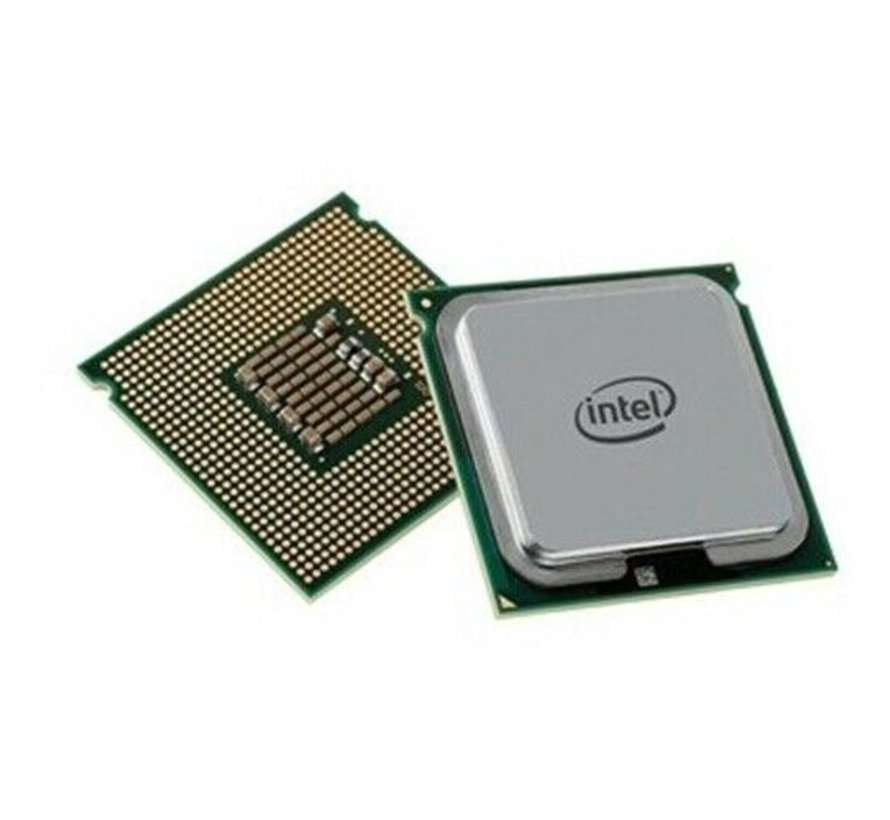
The CPU is the central processing unit of your PC and is responsible for executing instructions from software.
When choosing a CPU, look for one with a high clock speed and multiple cores, as these will provide the best gaming performance.
Intel Core i5 and i7 processors are a good choice for most gamers, but if you’re looking for the best performance, consider an Intel Core i9 or an AMD Ryzen processor.
3: Choose the Right Graphics Card (GPU)
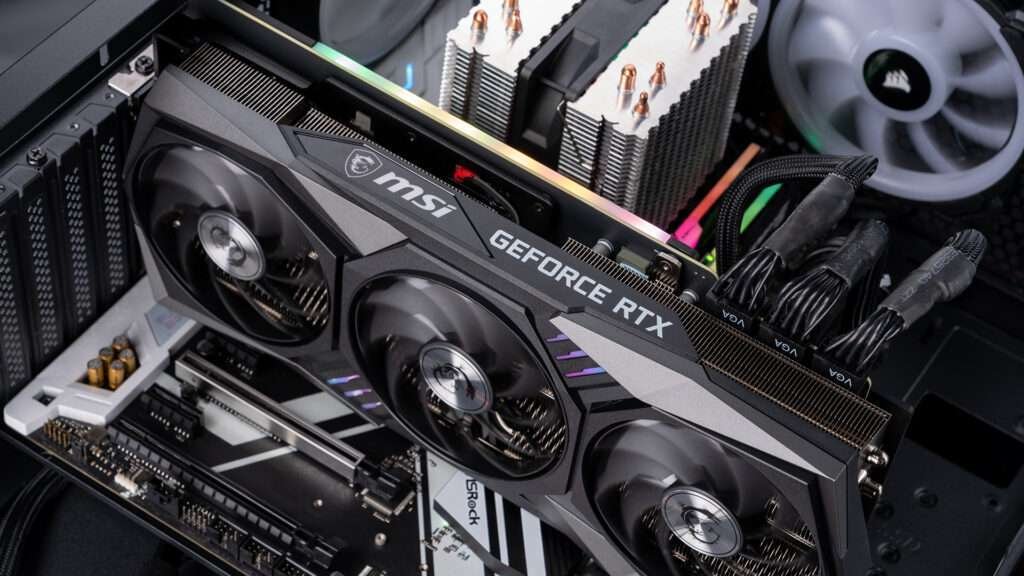
The GPU is responsible for rendering images and video in games and is one of the most important components for gaming performance.
Nvidia and AMD are the two main players in the GPU market, and both offer a range of options at different price points.
When choosing a GPU, look for one with a high clock speed, a large amount of memory (VRAM), and support for the latest technologies, such as DirectX 12 and OpenGL 4.6.
The selection of graphics cards is the main factor in building a game PC, you can also play & record games on high settings after choosing a high-end GPU.
So, if you want to stream gameplay on youtube, Facebook & another platform then you require the best screen recorder we have picked the 3 best screen recorders for you to record gameplay without any draining fps you can check it.
4: Choose the Right Motherboard
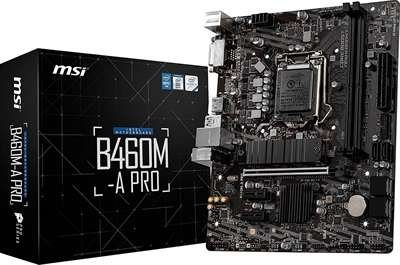
The motherboard is the main circuit board in your PC and serves as the hub for all other components.
Choosing a motherboard, look for one with a compatible socket for your CPU, support for the right memory type (DDR4), and enough SATA ports for your storage devices. Additionally, consider the number of USB ports, the location of the GPU and CPU sockets, and the size of the board (ATX, Micro-ATX, or Mini-ITX).
5: Choose the Right Memory (RAM)
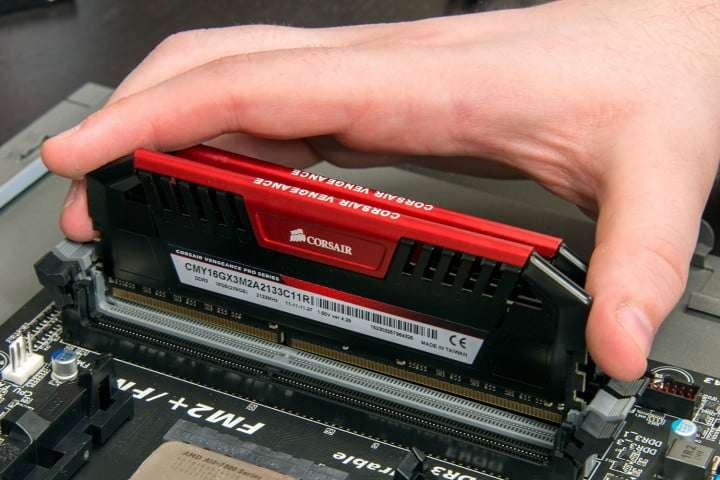
Memory (RAM) is used by your PC to store data and applications that are currently in use. When choosing RAM, look for modules with a high clock speed and low latency, and consider the amount of memory you will need for your games and other applications.
As a general rule, 8GB of RAM is a good starting point for most gamers, but 16GB or more is recommended for high-end gaming.
6: Choose the Right Storage (SSD and/or HDD)
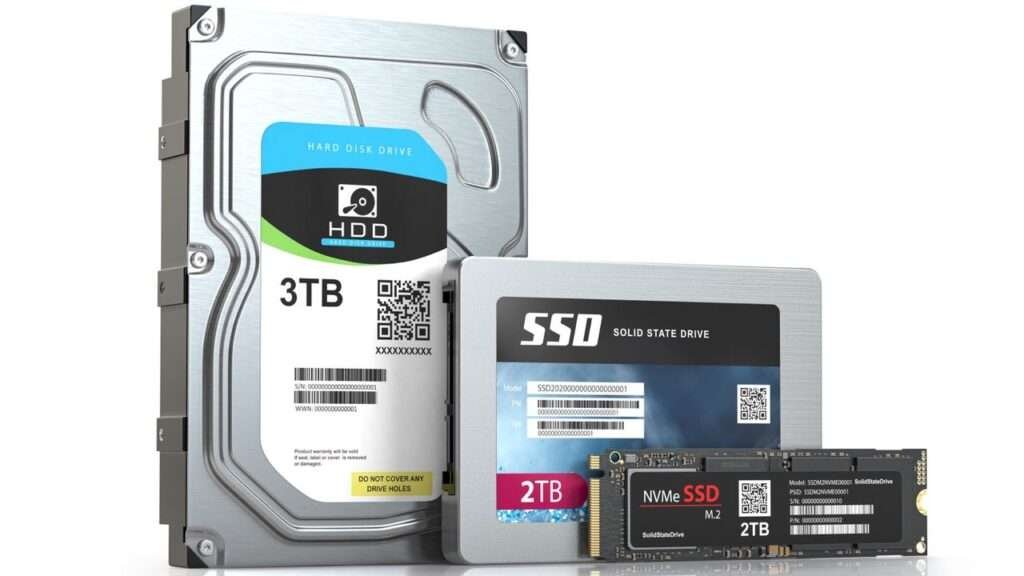
Storage is where your games and other data are stored, and there are two main types of storage: solid-state drives (SSDs) and hard disk drives (HDDs).
SSDs are faster than HDDs and are a good choice for your operating system and frequently used applications, while HDDs are better for storing large amounts of data, such as games. When choosing storage, consider the speed, capacity, and price of each option.
7: Choose the Right Power Supply Unit (PSU)

The power supply unit (PSU) is responsible for providing power to your PC, and it’s important to choose a PSU that is sufficient for your system’s needs.
A common rule of thumb is to choose a PSU with a capacity of at least 50-60% more than what you need to prevent overloading and ensure stability.
Additionally, look for a unit with a high-efficiency rating (80 Plus), as this will help reduce your energy costs and minimize waste heat.
8: Choose the Right Case
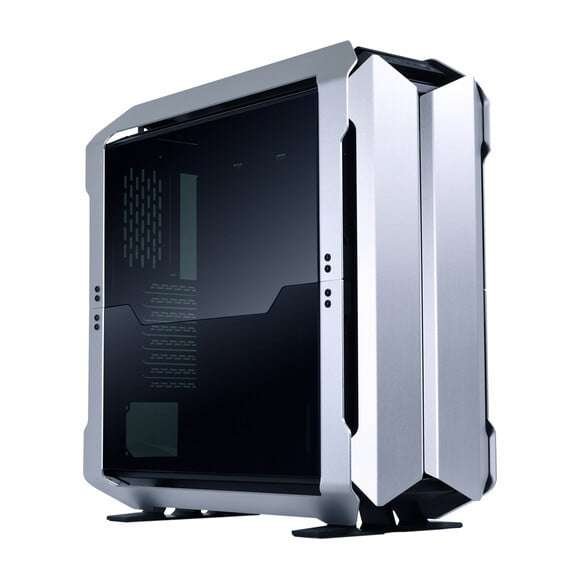
The case is the external shell that houses all of your PC’s components. When choosing a case, consider its size, as this will determine what components you can fit inside.
Especially, look for a case with good airflow, as this will help keep your components cool and prevent overheating. Some cases also come with built-in RGB lighting, which can add an extra touch of style to your build.
9: Install a Reliable Cooling System
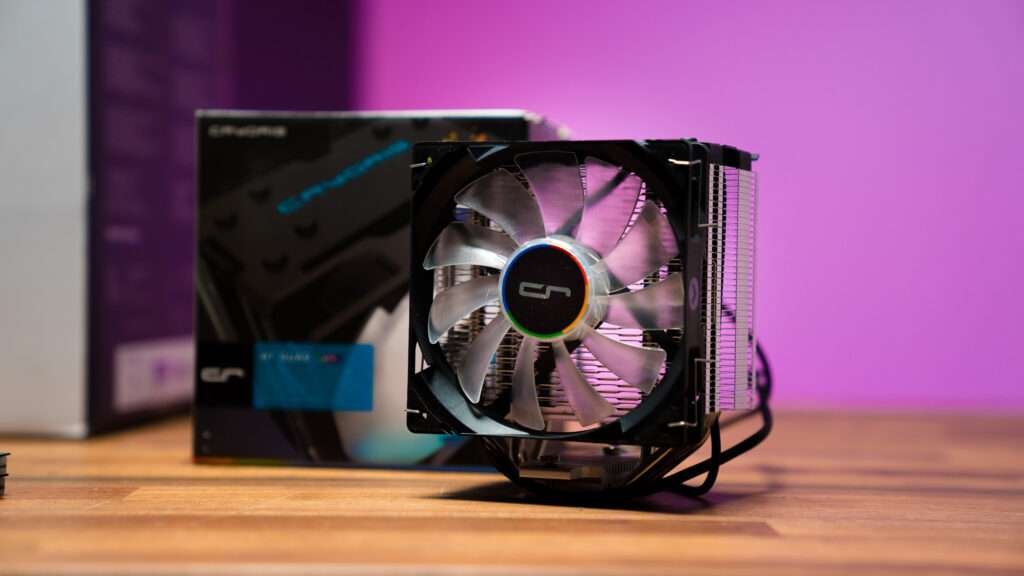
Keeping your components cool is essential for maintaining stability and preventing damage. Most modern CPUs and GPUs come with stock cooling solutions, but these may not be sufficient for high-end gaming or overclocking.
Consider installing a high-quality air cooler or liquid cooling system to keep your components cool and running smoothly.
10: Test and Troubleshoot

Once you’ve assembled your PC, it’s important to test everything to make sure everything is working correctly. Run benchmark tests, play games, and perform other tasks to ensure your system is stable and functioning properly.
If you encounter any issues, don’t be afraid to troubleshoot and seek help from online communities or forums.
Tips for Improving Pc/Laptop Performance
When it comes to gaming, having a powerful and efficient PC is crucial for achieving the best gaming experience.
While upgrading hardware components can certainly improve performance, there are other things you can do to maintain your PC’s performance over the long run. Here are some tips for improving your game PC performance in the long run:
- Keep your PC cool: Overheating can cause your PC to slow down and even crash. Make sure your PC has proper ventilation and cooling, and clean out any dust buildup regularly.
- Keep your drivers up to date: Outdated drivers can cause performance issues and even compatibility problems with newer games. Make sure to regularly update your drivers, especially for your graphics card and chipset.
- Manage your storage: Keep your hard drive or SSD clean and organized. Uninstall programs and games you no longer use, and regularly defragment your hard drive to optimize performance.
- Optimize your game settings: Adjusting your in-game settings can help improve performance. Lowering graphics settings, disabling unnecessary features, and reducing screen resolution can help improve performance in graphically-intensive games.
- Disable unnecessary background programs: Programs running in the background can use up resources and slow down your PC. Disable any unnecessary programs, especially those that automatically launch at startup.
- Invest in quality hardware: Investing in high-quality hardware, such as a powerful graphics card or CPU, can significantly improve performance.
However, it’s important to balance your budget and needs, as the latest and greatest hardware may not always be necessary or cost-effective.
By following these tips, you can help ensure that your game PC remains efficient and powerful over the long run.
Additionally, regular maintenance, such as cleaning your PC and performing updates, can help extend the lifespan of your hardware and save you money in the long run.
Conclusion:
In simple words, building a gaming PC can be a challenging but rewarding experience. By following these tips and doing your research, you can build a high-performance PC that will meet your gaming needs and last for years to come. Good luck, and happy building!

